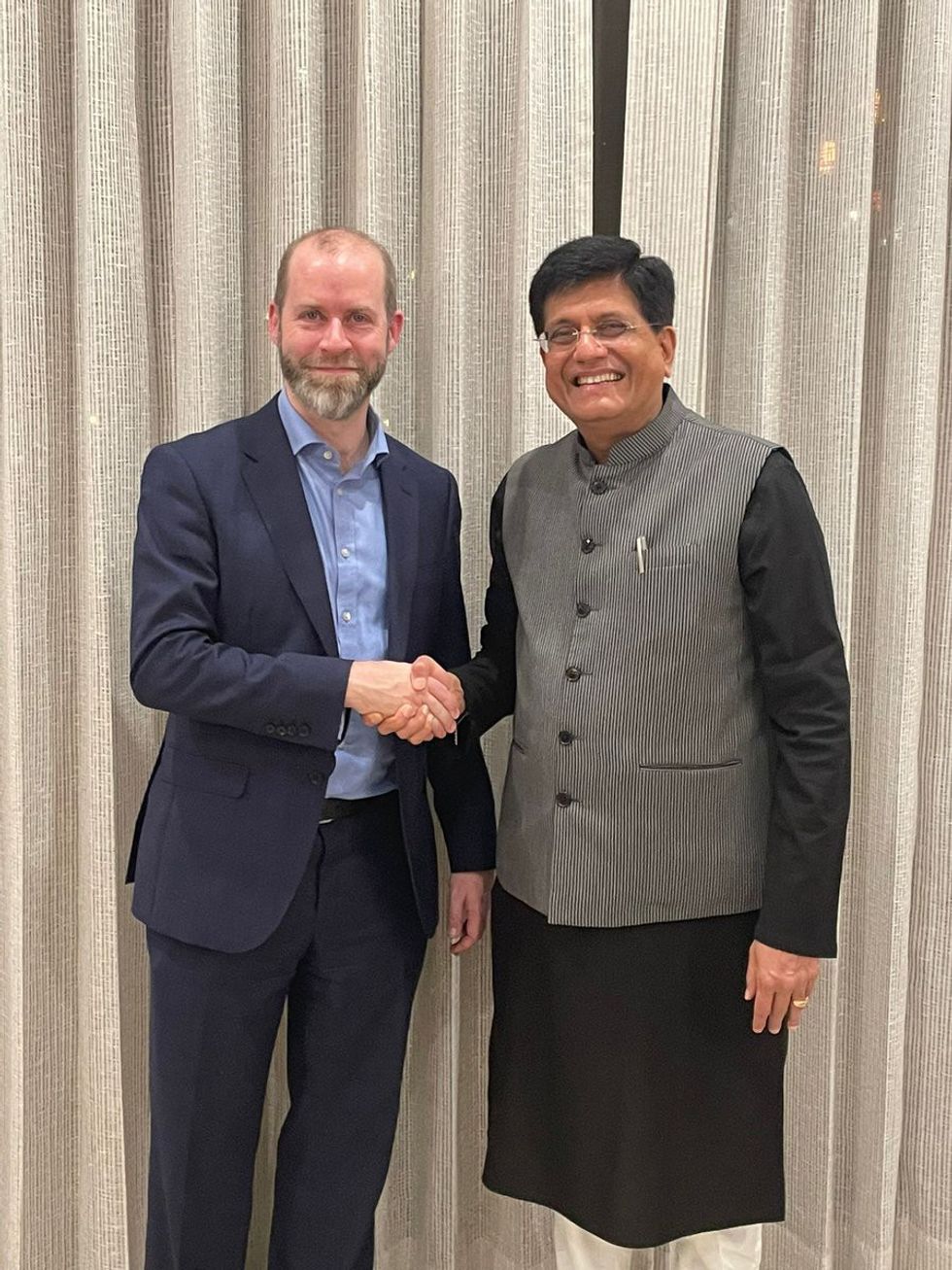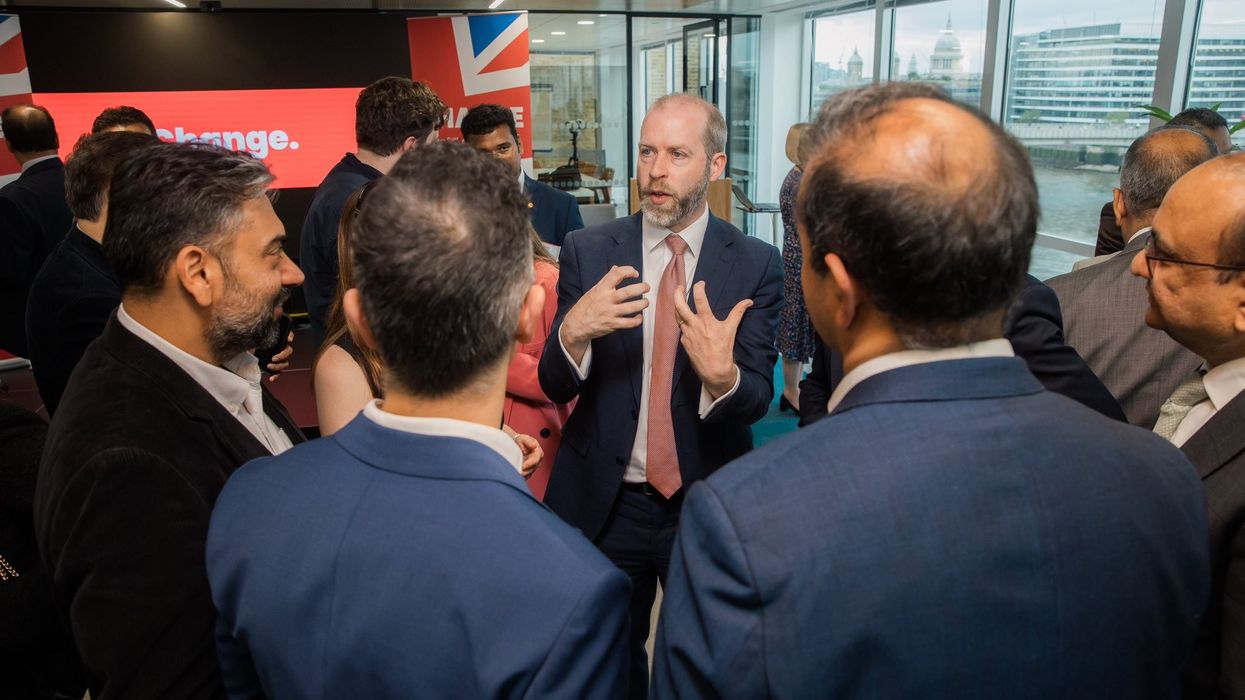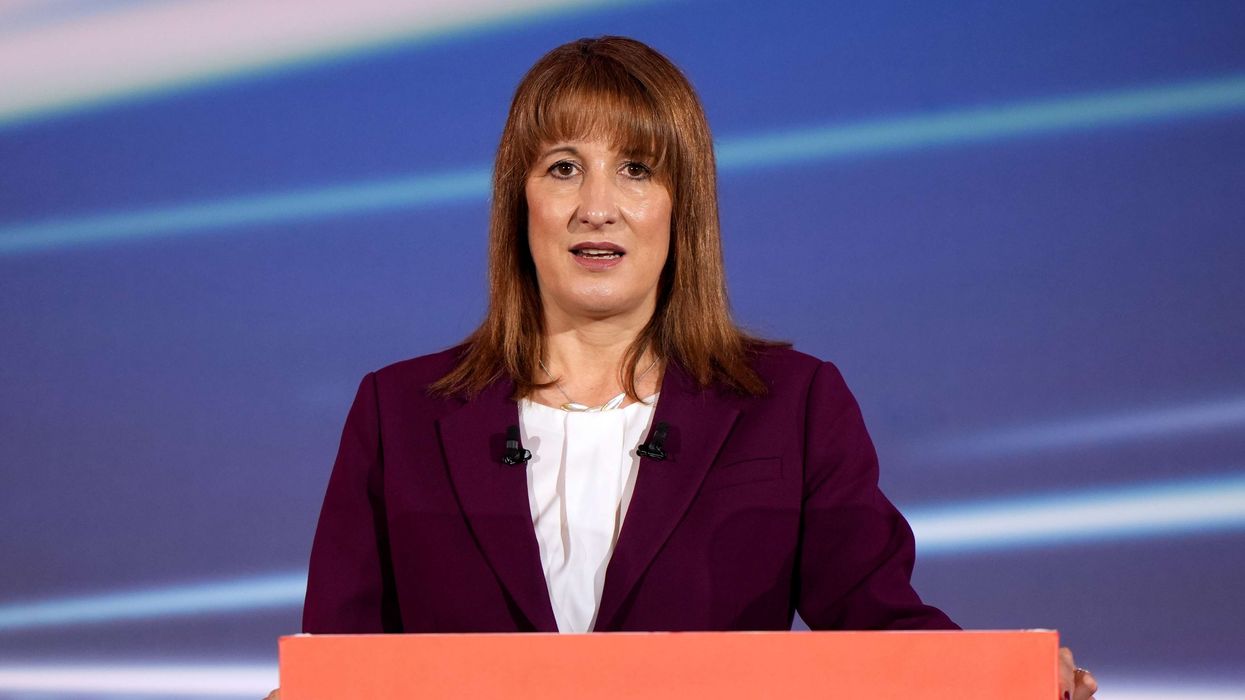COMPLETING a long-awaited free trade agreement (FTA) with India would be a priority for Labour, should the party come into government, MP Jonathan Reynolds has told Eastern Eye.
A 14th round of negotiations between India and the UK ended in March without an agreement being reached. Progress stalled further with general elections taking place in both countries.
Now that India’s elections have concluded, with Narendra Modi securing a third term as prime minister, and the UK elections date weeks away, there is hope the FTA talks will resume soon after either prime minister Rishi Sunak or Labour leader Sir Keir Starmer enter Downing Street on July 4.
Reynolds said the first foreign trip he undertook after becoming the shadow secretary of state for business, energy and industrial strategy was to India, back in February, reflecting the importance of an FTA for Labour.
“India is a massive potential prize in terms of the FTA and what the UK and India will get from that,” Reynolds told Eastern Eye. “It’s a priority for us and that’s why I chose it as the first place that I did a major trip to as shadow business secretary.
“Any deal, the prize isn’t signing a deal, the prize is the signing of a good deal. A big, complex, successful economy like India has a set of needs that make those trade talks quite difficult at times, but I think there is a clear set of potential sectors that could benefit from that. Also, there’s investment being negotiated alongside that.

“If we were to form the government, that would be a priority, but I stress, it’s going to be a good deal for both sides,” he added.
India is expected to become the third-largest economy in the world with a GDP of £3.9 trillion in the next three years and touch £5.4 trillion by 2030.
It is one of the most exciting economies in the world right now and a country “with whom we share deep roots,” said Reynolds. “It is a place where things are happening, a huge amount of success and incredible growth rate compounded year on year.
“From the Indian side of negotiations, there is a set of real gains they could get from an FTA with the UK. And, obviously, there are some huge benefits that people are well aware of for the UK, in terms of some key exports and service exports for us.”
The UK and India launched trade negotiations in January 2022 while Boris Johnson was in power. Johnson said he wanted the deal to be “done by Diwali” in October, but failed to reach an agreement.
Visas and social security are among the most politically sensitive parts of the proposed deal.
India is seeking more visas for Indian workers and an agreement to reclaim social security payments that they make while working in the UK promptly.
From the UK side, a key request is access for the British services sector – which makes up 80 per cent of the entire UK economy – to the Indian market.
“I know the joke is that Boris Johnson promised a deal by Diwali, but he didn’t say which year,” said Reynolds. “I think the government is guilty of over promising at times and not reflecting on how complicated these deals can be.
“Clearly, stability matters – so I want to give explicit assurances to those negotiating with the UK government at the moment – that they will also find a willing partner in Labour.”
Last month, 121 business leaders signed a letter endorsing Labour’s economic plans saying they believe the party “wants to work with business” on long term growth.
Asked about the lack of Asian names on the list, Reynolds stressed that the party’s economic policies would benefit all businesses.
He said Labour’s plans to scrap business rates and crackdown on late payments are part of a comprehensive package of measures to help small businesses. This will level the playing field between the high street and online retailers.
The party is also planning to boost small business exports by publishing a trade strategy and delivering clear advice to get new businesses selling overseas and tackling anti-social behaviour with increased town centre police patrols.
“With our first steps for government, Labour will focus on what matters to small businesses to deliver change. Stamping out late payments, ridding our high streets of anti-social behaviour, and creating economic stability,” said Reynolds. “There is a clear choice at this upcoming election for small business owners – more chaos with the Tories, or stability with Labour . More decline and division, or hope and unification.













